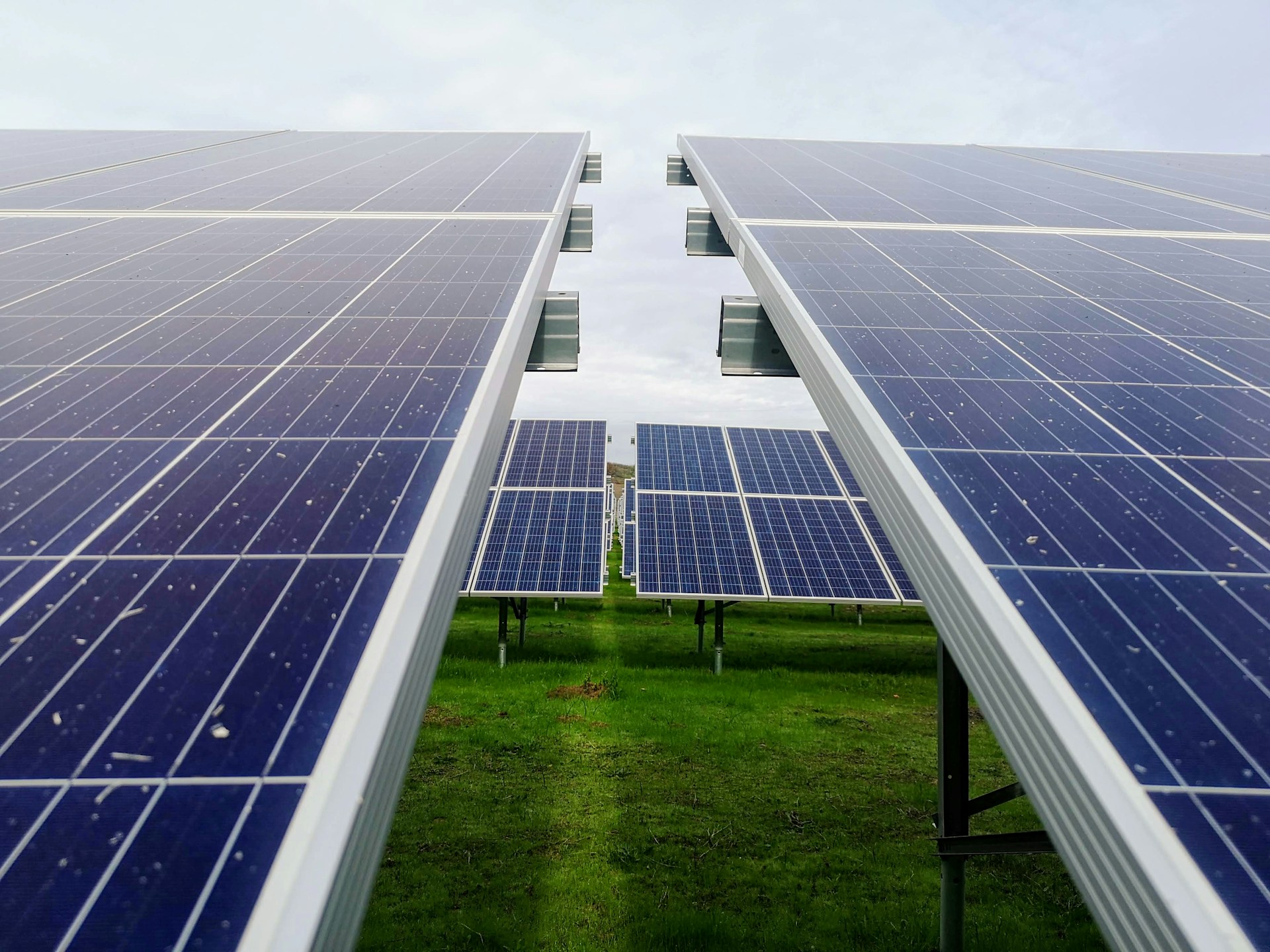FAQ: Residential Solar Energy

1. What is solar energy?
Solar energy is the energy harnessed from the sun's rays using solar panels, which convert sunlight into electricity. This renewable energy source helps reduce reliance on fossil fuels and lowers electricity bills.
2. How do solar panels work?
Solar panels consist of photovoltaic (PV) cells that absorb sunlight and convert it into direct current (DC) electricity. An inverter then converts this DC electricity into alternating current (AC), which is used to power your home.
3. What are the benefits of installing solar panels?
Installing solar panels can significantly reduce your electricity bills, increase your home’s value, and provide environmental benefits by decreasing your carbon footprint. Additionally, many states offer incentives and tax credits that make solar more affordable.
4. How much does a residential solar system cost?
The cost of a solar system varies based on factors like system size, type of panels, installation complexity, and location. On average, homeowners can expect to invest between $15,000 and $30,000 before incentives. However, financing options are often available to make solar more accessible.
5. How long does it take to install solar panels?
The installation process typically takes one to three days, depending on the size of the system and any additional requirements. After installation, it may take a few weeks for the necessary permits and inspections to be completed before the system is operational.
6. Will solar panels work on cloudy or rainy days?
Yes! Solar panels can still generate electricity on cloudy or rainy days, although their efficiency may be reduced compared to sunny days. Modern solar panels are designed to capture available light, ensuring energy production even in less-than-ideal weather.
7. What maintenance do solar panels require?
Solar panels require minimal maintenance. Regular cleaning to remove dust, dirt, or debris is recommended, along with periodic inspections to ensure everything is functioning correctly. Most systems come with warranties that cover performance for 25 years or more.
8. Can I install solar panels myself?
While it’s technically possible to install solar panels yourself, it’s not recommended unless you have experience and knowledge in solar technology and electrical work. Hiring a professional installer ensures compliance with local regulations and optimal system performance.
9. What happens if I produce more energy than I use?
If your solar system generates more electricity than your home consumes, the excess energy can often be sent back to the grid, potentially earning you credits through net metering. This means you can offset future energy bills with the energy you contributed to the grid.
10. How do I know if solar is right for my home?
The best way to determine if solar is right for you is to assess your energy needs, roof orientation, and local solar incentives. Consulting with a reputable solar installation company can provide a customized evaluation based on your specific circumstances.


